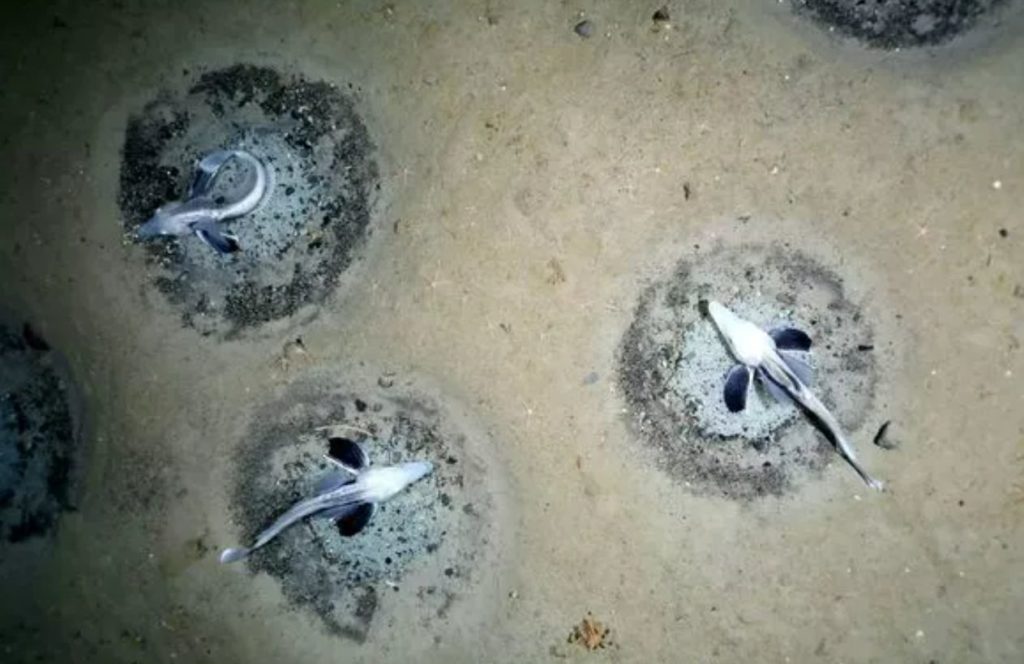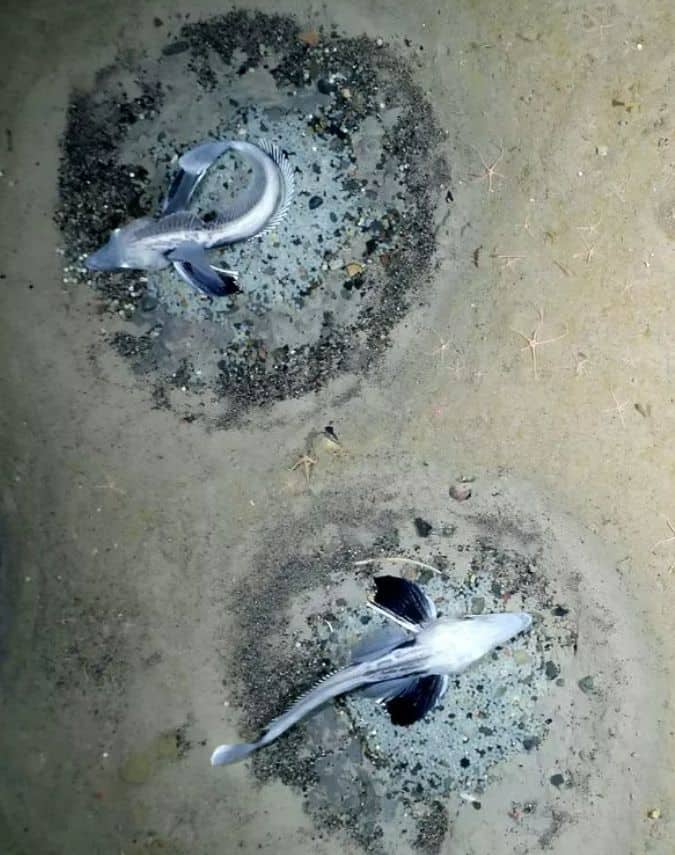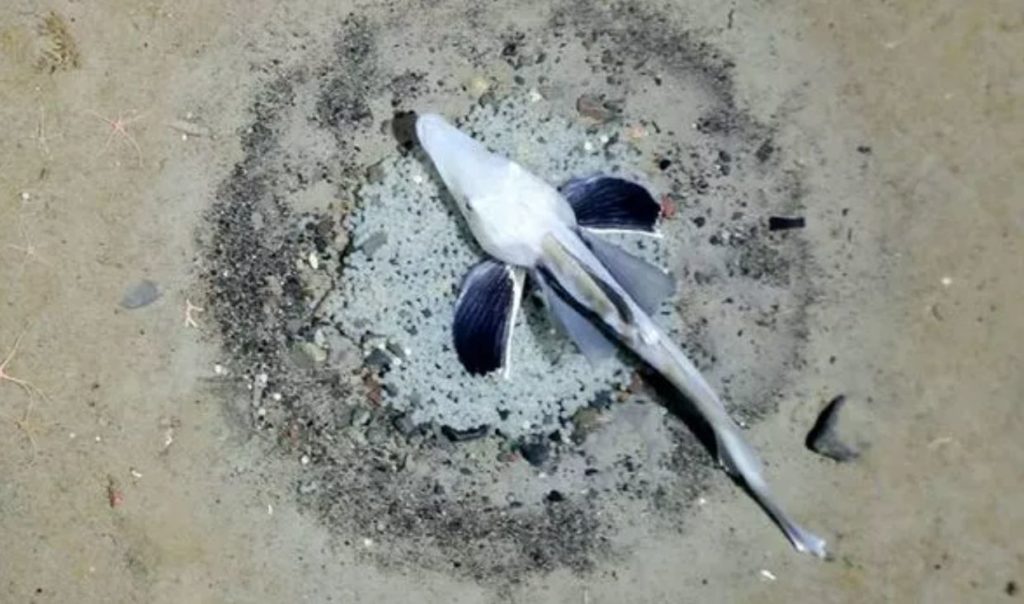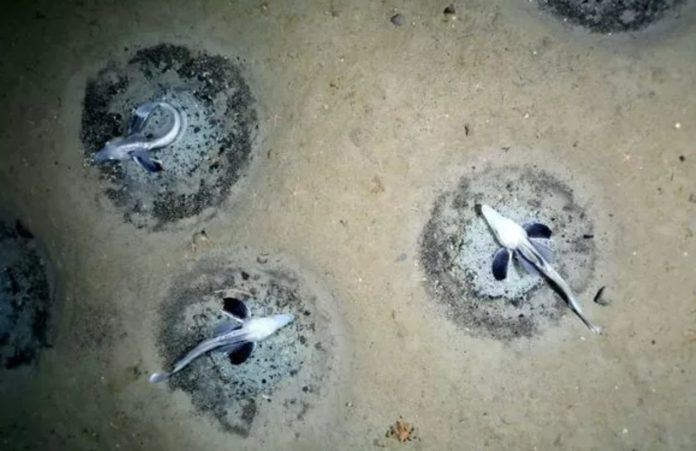The icefish breeding colony covered at least 150 square miles and had over 60 million active icefish nests.
Finding a colony of this size has never been done before, with a biomass of over 60,000 tons (or over 135 million lbs).
A single adult icefish guarded each of the nests, which contained over 1,700 eggs.
Many fish carcasses were discovered within and near the site, indicating that notothenioids, or icefish, play an essential part in the wider food web, according to the researchers.

Seals and other predators posed a serious threat to these species.
“A great many seals spend much of their time in close proximity to the fish nests,” said Dr. Autun Purser, the main author of the study published in Current Biology.
“We know this from historical tracking data and fresh tracking data from our cruise. The nests are exactly where the warmer water is upwelling.
“These facts may be coincidence, and more work is needed, but the recorded seal data show seals do indeed dive to the depths of the fish nests, so may well be dining on these fish.”

It is located in the southern Weddell Sea on the eastern edge of the Peninsula.
Their body fluids include antifreeze proteins, allowing them to endure the extreme freezing temperatures of the Southern Ocean.
“Our most important finding is the pure existence of such an extensive icefish brooding colony,” added Dr. Purser.
“A few dozen nests have been observed elsewhere in the Antarctic – but this find is orders of magnitude larger.”
Dr. Purser said: “We did not know to expect any sort of fish nest ecosystem.”

That part, he adds, came as a “total surprise.”
Dr Purser said: “After the spectacular discovery of the many fish nests, we thought about a strategy on board to find out how large the breeding area was – there was literally no end in sight.”
Some nests were “active,” with between 1,500 and 2,500 eggs and, in three-quarters of the cases, an adult Neopagetopsis ionah icefish guarding them.
Others only had eggs in them. There were also unused nests in the area, where only a fish without eggs or a dead fish could be spotted.
Seals in search of food flocked to them in large numbers. The marine mammals’ transmitters revealed that 90 percent of diving activity took place there.
It’s the world’s largest geographically massive contiguous fish breeding colony discovered to date.
Bettina Stark-Watzinger, German Federal Research Minister, said: “My congratulations to the researchers involved on their fascinating discovery.
“This discovery can make an important contribution towards protecting the Antarctic environment.”
Image Credit: SWNS
You were reading: Colony of mysterious fish carrying antifreeze proteins found underneath the ice in Antarctica
